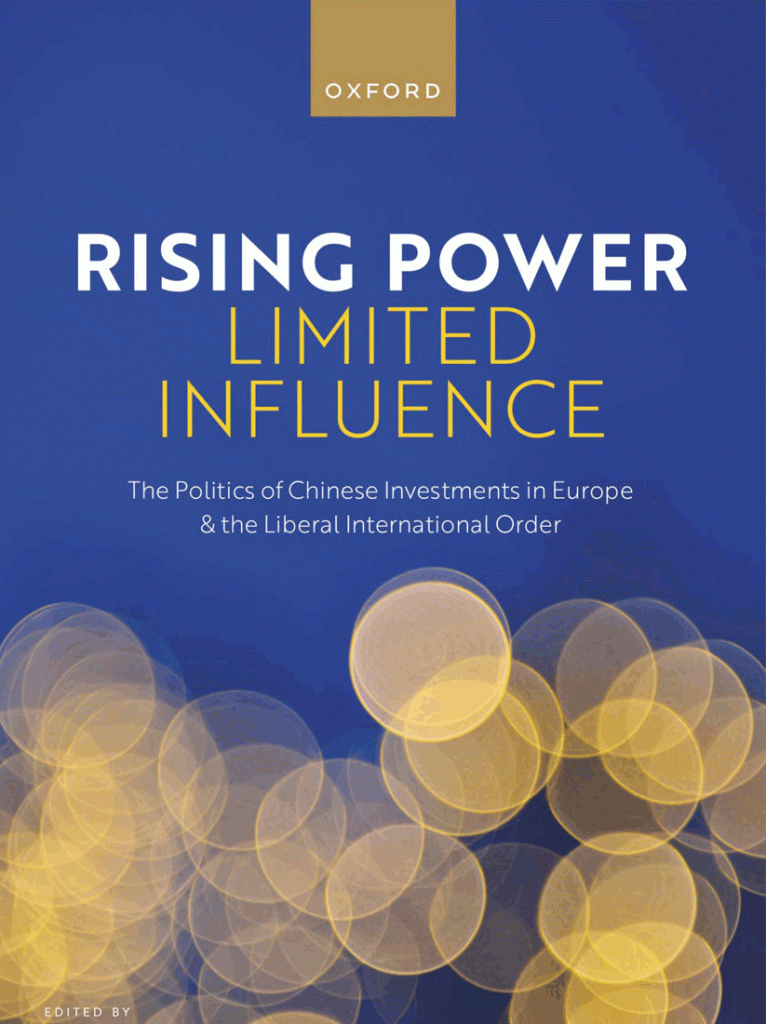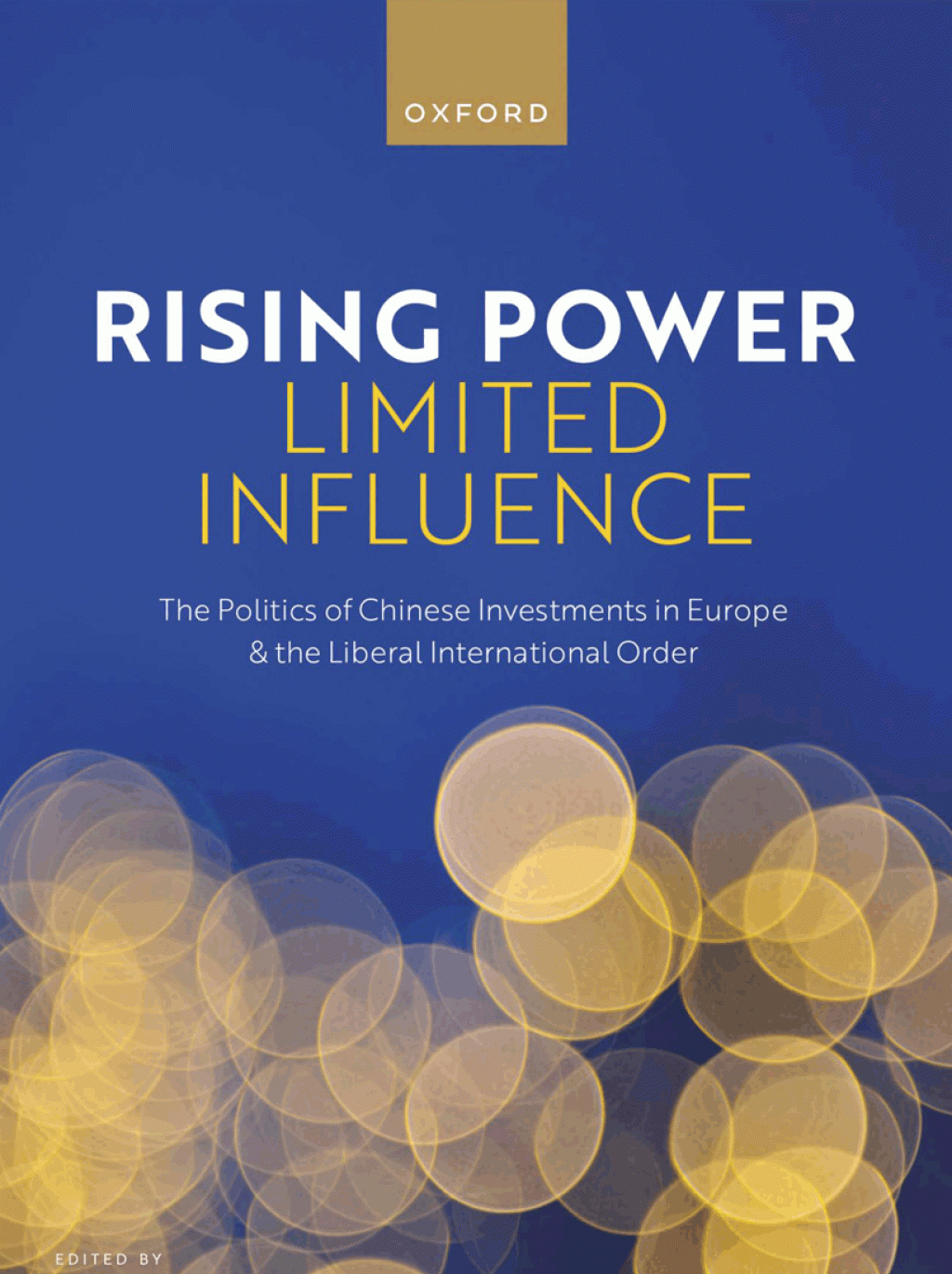Illiberal rationalism? The role of political factors in China’s growing (economic) footprint in Hungary
Author: Ágnes Szunomár
In: Indrajit Roy, Jappe Eckhardt, Dimitrios Stroikos, and Simona Davidescu (eds.): Rising Power, Limited Influence – The Politics of Chinese Investments in Europe and the Liberal International Order, Oxford University Press, 2024, pp 65-81.
DOI: 10.1093/oso/9780192887115.003.0004
Introduction
In parallel with its increasing global engagements, hallmarked by the ‘Going global’ (zhou chu qu) policy and the Belt and Road Initiative, China has become more active in the Central and Eastern European (CEE) region in the past two decades. Similarly to China’s relations with developing and emerging regions, Chinese presence in CEE is characterized by developing trade relations, growing inflows of foreign direct investment (FDI), and recently also infrastructure projects carried out by Chinese companies, financed by Chinese loans (see Knoerich’s chapter in this volume). Although when compared to China’s economic presence globally or in the developed world its economic impact on CEE countries is still small, it has increased significantly over the past two decades. Since the relationship between China and the CEE region had a rather low profile in previous decades, this was quite a new phenomenon, but not an unexpected one. On the one hand, the transformation of the global economy and restructuring of China’s own economy are responsible for growing Chinese interest in CEE, and on the other hand CEE also represents new challenges and new opportunities for China. In line with these challenges and opportunities, China created the 16+1 (later 17+1) platform in 2012—strongly connected to the Belt and Road Initiative (BRI) announced in 2013—to increase cooperation with and its influence in the CEE region. Hence, in addition to economic expansion, China has started to gain a foothold in political terms too.




